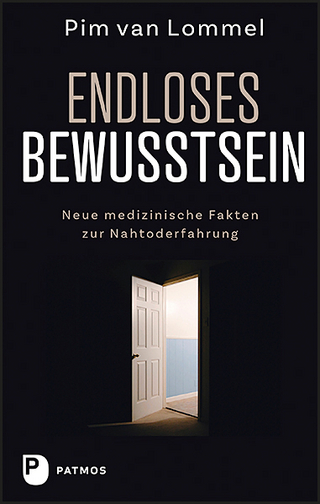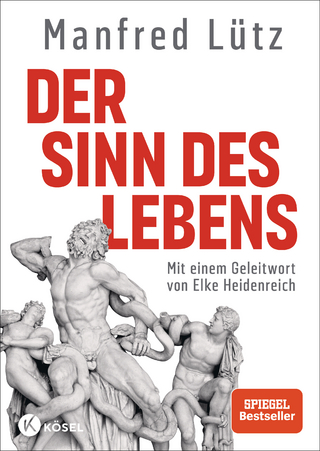
Eurythmy as Visible Singing
Rudolf Steiner Press (Verlag)
978-1-85584-567-1 (ISBN)
`The study of music is the study of the human being. The two are inseparable, and eurythmy is the art which brings this most clearly to expression. In these lectures, Rudolf Steiner guides us along a path toward an understanding of the human form as music comes to rest – the movements of eurythmy bringing this music back to life.’ – Dorothea Mier
`Fundamentally speaking, music is the human being, and indeed it is from music that we rightly learn how to free ourselves from matter.’ – Rudolf Steiner
The focus of these eight lectures is the source of movement and gesture in the human being. The movement in musical experience is thus traced back to its origin in the human instrument itself. Like the degrees of the musical scale, Rudolf Steiner leads his select audience of young artists through eight stages, focusing on the living principles of discovery and renewal.
Eurythmy was born in the turbulent decades of the early twentieth century. From an individual question as to whether it was possible to create an art based on meaningful movement, Rudolf Steiner responded with fresh creative possibilities for a renewal of the arts in their totality. The new art of eurythmy was an unexpected gift. Today, music eurythmy, along with its counterpart based on speech, is practiced as an art, taught as a subject in schools, enjoyed as a social activity and applied as a therapy.
This definitive translation of Steiner’s original lecture course on eurythmy includes a facsimile, transcription and translation of the lecturer’s notes, together with an introduction and index. The volume is supplemented with an extensive `companion’, featuring full commentary and notes compiled by Alan Stott, as well as a translation of Josef Matthias Hauer’s Interpreting Melos.
Rudolf Steiner (1861-1925) called his spiritual philosophy “anthroposophy”, meaning “wisdom of the human being”. As a highly developed seer, he based his work on direct knowledge and perception of spiritual dimensions. He initiated a modern and universal “science of spirit”, accessible to anyone willing to exercise clear and unprejudiced thinking. From his spiritual investigations Steiner provided suggestions for the renewal of many activities, including education (both general and special), agriculture, medicine, economics, architecture, science, philosophy, religion and the arts. Today there are thousands of schools, clinics, farms and other organizations involved in practical work based on his principles. His many published works feature his research into the spiritual nature of the human being, the evolution of the world and humanity, and methods of personal development. Steiner wrote some 30 books and delivered over 6000 lectures across Europe. In 1924 he founded the General Anthroposophical Society, which today has branches throughout the world.
| Erscheinungsdatum | 02.12.2019 |
|---|---|
| Übersetzer | A. Stott |
| Verlagsort | East Sussex |
| Sprache | englisch |
| Maße | 155 x 235 mm |
| Themenwelt | Sachbuch/Ratgeber ► Gesundheit / Leben / Psychologie ► Esoterik / Spiritualität |
| Geisteswissenschaften ► Psychologie ► Biopsychologie / Neurowissenschaften | |
| Weitere Fachgebiete ► Anthroposophie | |
| ISBN-10 | 1-85584-567-9 / 1855845679 |
| ISBN-13 | 978-1-85584-567-1 / 9781855845671 |
| Zustand | Neuware |
| Haben Sie eine Frage zum Produkt? |
aus dem Bereich


